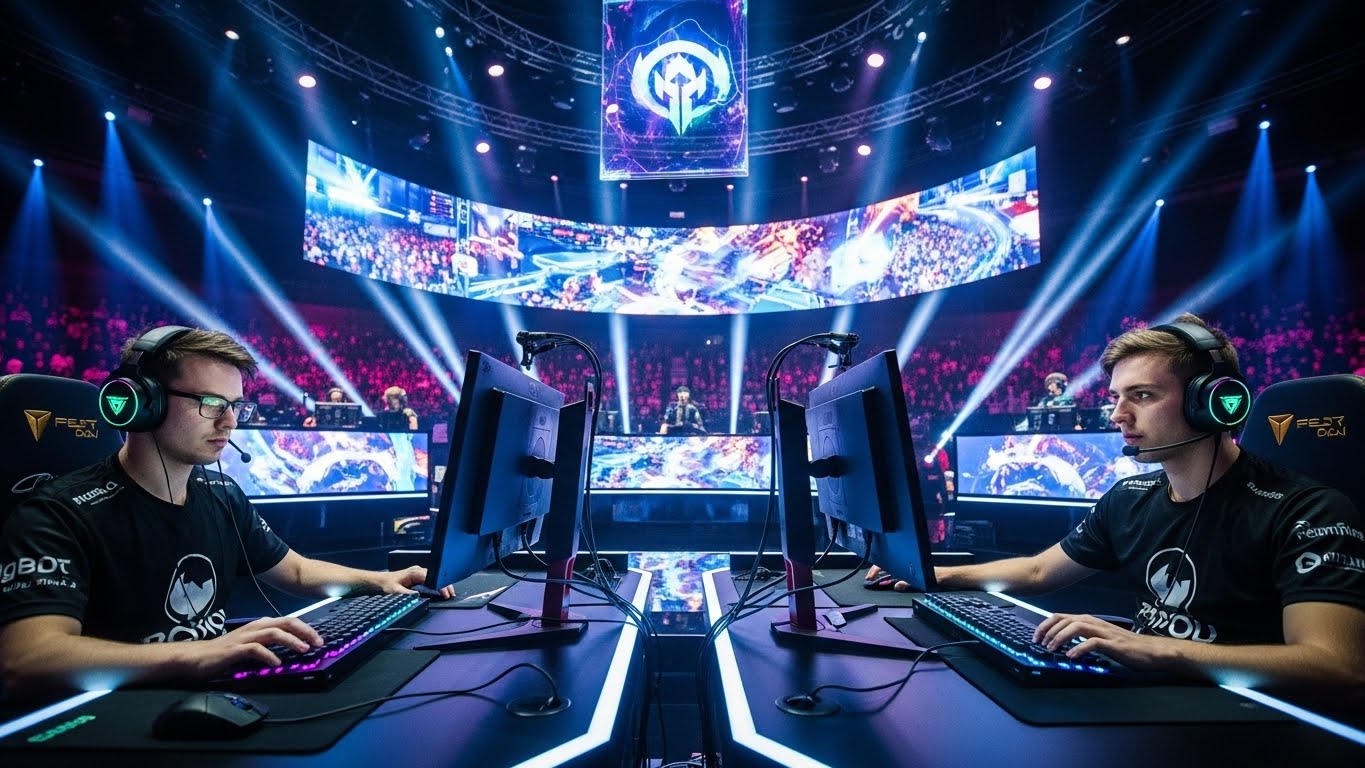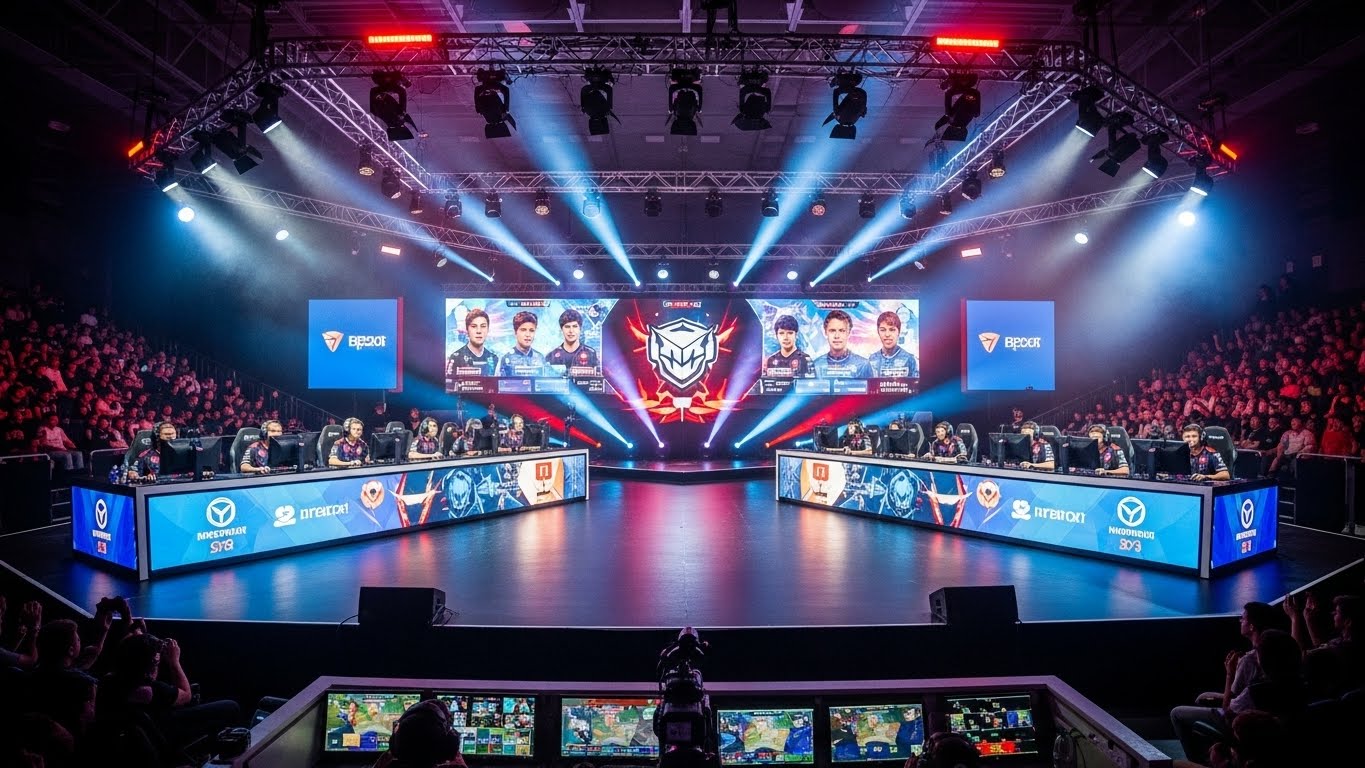What is Esports?
Esports, or electronic sports, is competitive video gaming played at professional levels. Players and teams compete in organized tournaments, often with large audiences watching both in arenas and online. Popular games like League of Legends, Dota 2, Counter-Strike, and Fortnite have transformed gaming into a serious, high-stakes competition where skill, strategy, and teamwork matter.
The Growth of Esports
Esports has evolved from small gatherings of gamers into a global industry with millions of fans. Large-scale events attract thousands of spectators, and online streaming platforms allow millions more to watch live. Sponsorships, merchandise, and media coverage have contributed to its booming popularity, proving that competitive gaming is more than entertainment—it is a legitimate sport.
Skills Required to Excel
Success in esports requires a combination of quick reflexes, sharp strategic thinking, and strong communication skills. Professional players spend hours practicing, analyzing opponents, and refining strategies. Mental endurance and adaptability are crucial, as matches can be intense and unpredictable. In many ways, esports athletes train as rigorously as traditional sports professionals.
Community and Connection
Esports is as much about community as it is about competition. Fans connect through live streams, forums, and social media, sharing strategies, cheering for teams, and discussing gameplay. Players often build friendships across the globe, creating a sense of belonging and shared enthusiasm that strengthens the esports culture.
Career Opportunities in Esports
Beyond playing professionally, esports offers diverse career paths. Coaching, content creation, event management, game analysis, and broadcasting are growing fields within the industry. Streaming platforms allow individuals to build audiences and monetize their skills, making esports a thriving ecosystem with opportunities beyond the game itself.
The Future of Esports
The future of esports is bright and innovative. Virtual reality, augmented reality, and artificial intelligence are transforming gameplay, making experiences more immersive and interactive. As educational institutions and mainstream media continue to recognize esports, it is poised to become an even more significant cultural and professional force worldwide.
Conclusion
Esports is more than just gaming—it is a global phenomenon that combines skill, strategy, community, and entertainment. From professional tournaments to career opportunities and worldwide connections, esports continues to redefine the way we view competition and digital interaction. Its rapid growth and innovation ensure that the world of esports will remain exciting and influential for years to come.



